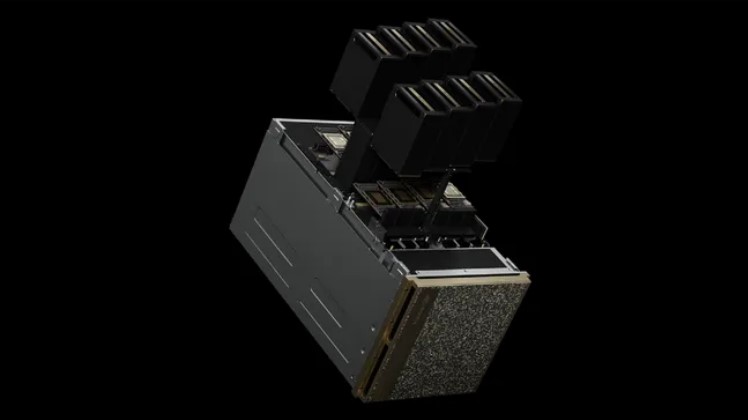The U.S. government's export restrictions are mainly based on "national security" considerations, and strict export control measures have been imposed on a number of countries, including China. These restrictions have not only affected Nvidia's sales in the Chinese market, but also extended to the Middle East. Middle Eastern countries such as Saudi Arabia and the United Arab Emirates have been strengthening their AI technology research and development and application, and NVIDIA's high-end AI chips are exactly what these countries desperately need.
However, in the face of this challenge, Nvidia has not flinched. While the export restrictions have had some impact on its sales in the Middle East, Nvidia said the restrictions will not have a "direct material impact" on its overall performance. The company is actively seeking to work with the U.S. government to address the issues posed by the export restrictions, stressing that the new licensing requirements "will not affect a significant portion of our revenue."
According to reports, Nvidia recently partnered with Middle Eastern telecommunications giant Ooredoo to sell its advanced AI processors to Middle Eastern countries. Under the terms of the agreement, Ooredoo will integrate NVIDIA'S AI/HPC GPU accelerator cards in its data centers, which are located in multiple countries. This collaboration is expected to enhance the computing power of Ooredoo's cloud services, potentially making the company a strong leader in regional markets.

Picture: Nvidia still sells AI processors to the Middle East despite sanctions (Source: Nvidia)
Nvidia's strategy suggests that it has no intention of abandoning the Middle East, an important AI market. Instead, the company is looking for new market opportunities to make up for the potential loss of performance due to export restrictions. The continued demand for AI technology in the Middle East provides NVIDIA with huge market potential, and NVIDIA will continue to be committed to providing high-quality AI processors and technical support to Middle Eastern countries.
In the future, Nvidia may continue to adjust its market strategy to adapt to the changing global political and economic environment. As AI technology continues to evolve, so will the demand for high-performance computing power in the Middle East. As one of the world's leading suppliers of AI chips, NVIDIA will continue to play an important role in this area and strive to meet the needs of the Middle East market.
To meet the needs of specific markets, Nvidia has also launched customized products. For example, for the Chinese market, Nvidia has developed chips that meet the requirements of export restrictions to ensure that it can continue to sell to the Chinese market.
Under U.S. restrictions, Nvidia responded to export restrictions by adjusting chip specifications, partnering with the government, launching customized products, diversifying its market, technological innovation, and maintaining positive financial expectations. These measures help ensure that NVIDIA's business continues to grow globally and continues to provide customers with high-quality AI processors and technical support.






